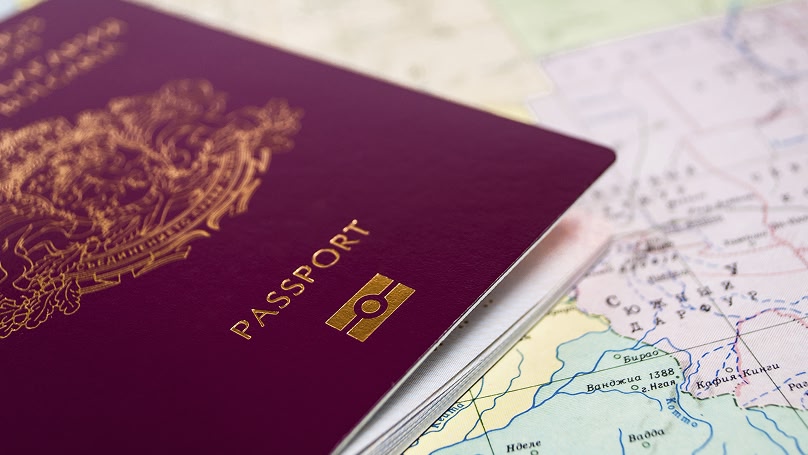Understand the 10-year passport rule to avoid any unexpected surprises at the airport.
Yes, you might leave your trusty passport in a drawer at home until the next time you head abroad on a spontaneous trip or pre-planned excursion. But not checking the date and being aware of the 10-year passport rule for EU destinations can cause havoc with your trip.
What is the 10-year passport rule?
Understanding passport validity requirements for travel
Countries in the European Union do not allow travellers from outside the EU to enter their borders if their passport was issued more than 10 years ago from the date of travel. When the UK was part of the EU it was possible to have a longer-dated passport, but that’s no longer the case.
To be in line with the rules and not face any problems the next time you try to fly, your passport must be less than 10 years old from its issue date and have at least three months left on it after your intended departure date.
In our helpful guide, you’ll discover essential tips and advice to make sure your passport is always travel ready.
How long do you need on your passport to travel?
EU passport rules explained

To enter the EU under the new rules, your passport must:
• have been issued less than 10 years before the date you enter the EU country
• be valid for at least three months after the day you leave the EU country
If your passport does not meet these minimum requirements, you will be refused entry to the country. The one exception for British travellers is Ireland, who are honouring the previous agreement.
If your passport was issued before September 2018 (when the rules changed), it’s super important to take note. Basically, under old regulations, up to nine months could be carried over from an old passport. This stopped in September 2018.
So if your passport was issued before then, it may appear valid for longer than a decade. This is still OK for travel outside the EU, but it will prevent travel to much of Europe as you approach the 10-year mark.
If your passport has been issued after September 2018, it will have a cap of 10 years which means you won’t face any issues.
You can check entry requirements for individual EU countries on the government’s website.
•Renew passports at least six months before they expire.
•Check passport rules for each destination before booking flights.
•Use online tools to verify passport validity for EU trips.

FAQs about the 10-year passport rule
Now you know the essentials about passport validity when travelling to the EU, you’ll be ready for smooth flying and no surprises when you get to the airport.
